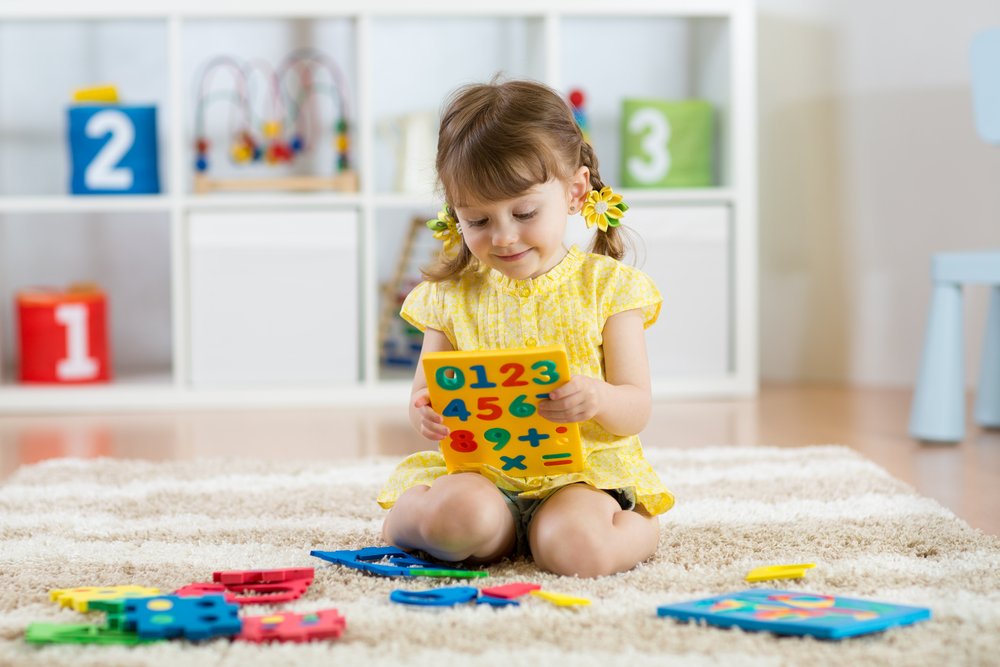
How to help my child develop early math skills?
Key points: Numeracy, or math skills, is a crucial aspect of a child’s cognitive development at ages 3 to 4. Children start learning…
Discover the key milestones of physical, cognitive, linguistic and socio-affective child development and understand the science behind child development.
Discover the key milestones of physical, cognitive, linguistic and socio-affective child development and understand the science behind child development.

Key points: Numeracy, or math skills, is a crucial aspect of a child’s cognitive development at ages 3 to 4. Children start learning…

Key points: Sharing is a crucial developmental milestone for preschoolers’ social and emotional growth. Children need help to develop sharing skills, especially around…

Key points: Effective communication shapes your child’s personality and future relationships. Active listening is crucial for your child’s social and emotional development. Reflective…

Key points: Effective communication at ages 2-4 is crucial for a child’s social and emotional development. Modeling problem-solving through positive communication is vital…
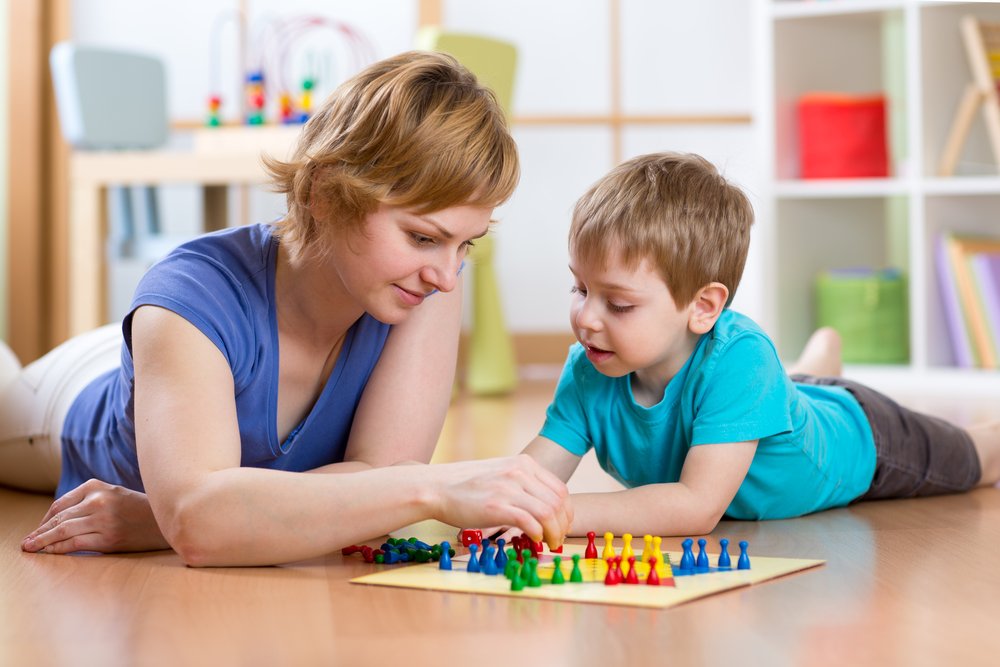
Key points: Children between 24 and 36 months start learning object characteristics and sorting by size, shape, or color. At around 36 months,…

Key points: Communication milestones significantly advance between 36 and 48 months, crucial for language and social development. Positive and effective communication with children…

Key points: Consider your child’s developmental stage and preferences when introducing new foods. Engage your child in the process: read about the new…

Key points: Independent dressing is a crucial skill for preschoolers, typically starting between 36-48 months. Learning to dress independently builds fine and gross…

Key points: Preschoolers express a need for independence, often visible in clothing choices. Allowing children to choose their clothes promotes safe self-expression and…

Key points: Lying is a normal behavior for preschoolers as they learn social and emotional skills. Preschooler lies are often not malicious and…
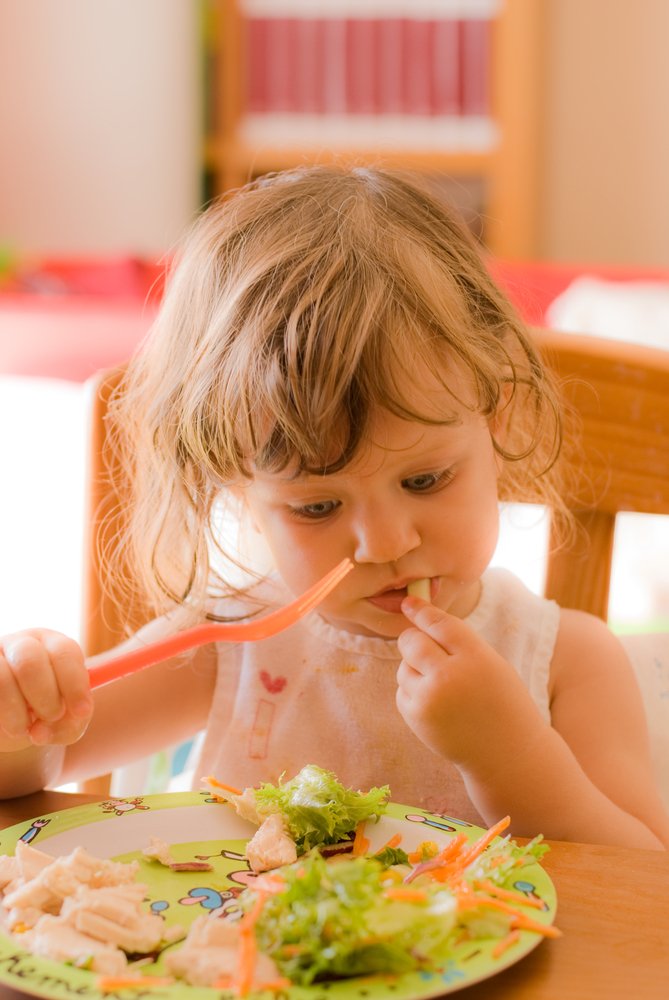
Key points: Encourage pouring liquids using a cup from a pitcher. Support using fingers and hand to handle a fork and pick up…

Key Points: Cognitive flexibility is the ability to adapt based on new information. It develops between 3 and 4 years old and is…
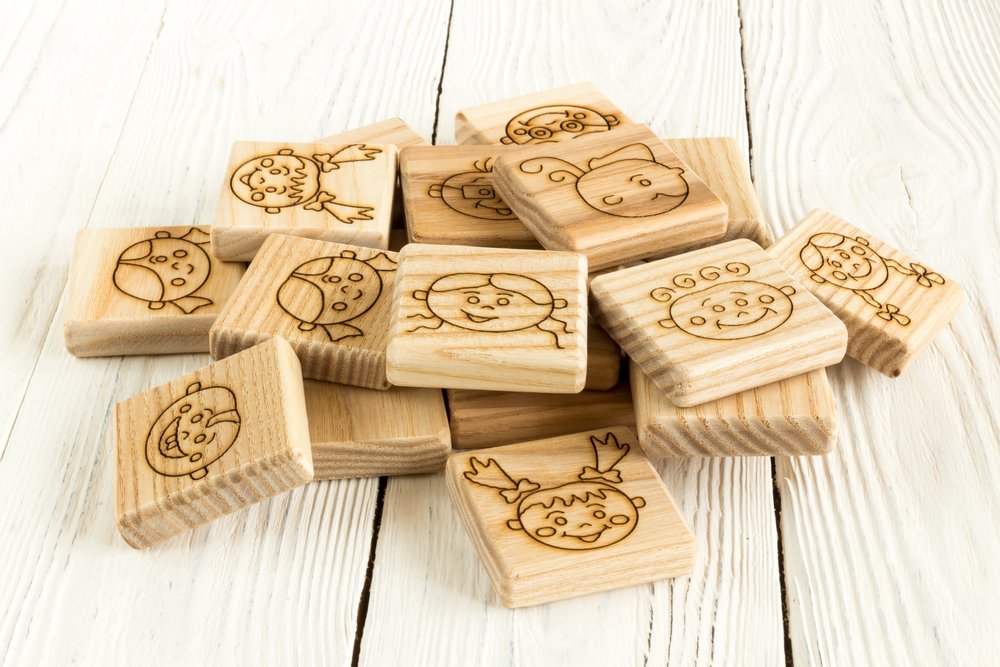
Key Points: Toddlers can store memories, but their ability to recall is developing due to ongoing brain maturation. Activities to boost memory include…
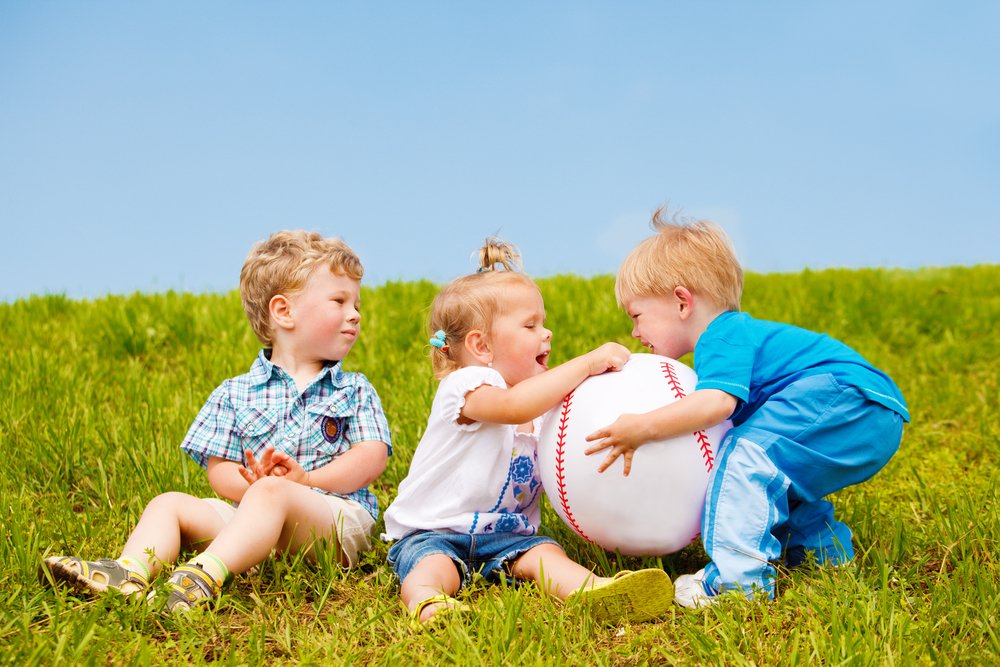
Key Points: Occasional conflicts between toddlers are normal and vital for socio-emotional development. Tips for conflict management include positive role modeling, encouraging cooperation,…
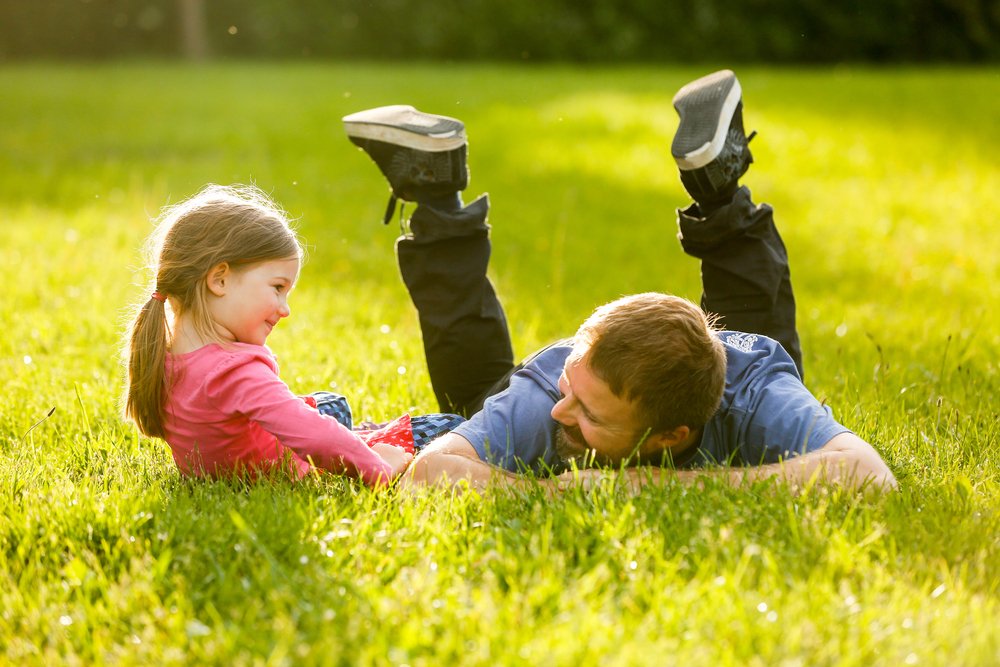
Key Points: Some research shows that parents spend less than 40 minutes daily in conversation with their child, emphasizing the need for effective…

Key Points: It’s possible to raise a responsible child as early as 3 years old by assigning simple and safe household chores that…

Key Points: Around 36 months, children reach a significant stage in social and emotional development, demonstrating increased interest in interacting with peers, improved…
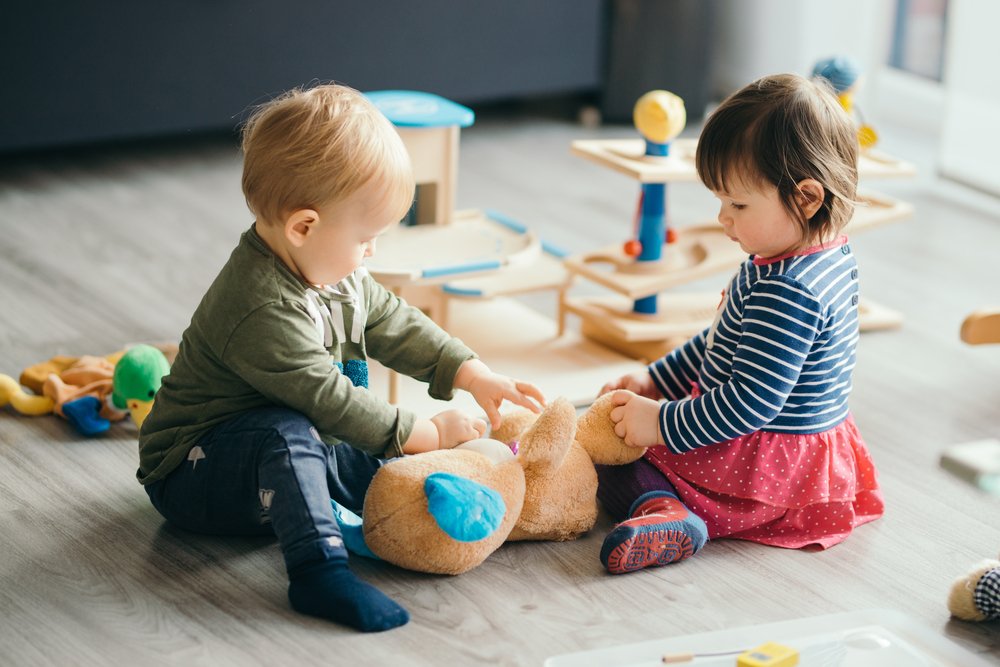
Key Points: Interacting with peers is crucial for social and emotional development, helping children learn social skills such as sharing, taking turns, cooperating,…

Key Points: Independent feeding involves more than just muscular strength; it heavily relies on a child’s visual-spatial ability to process the location of…
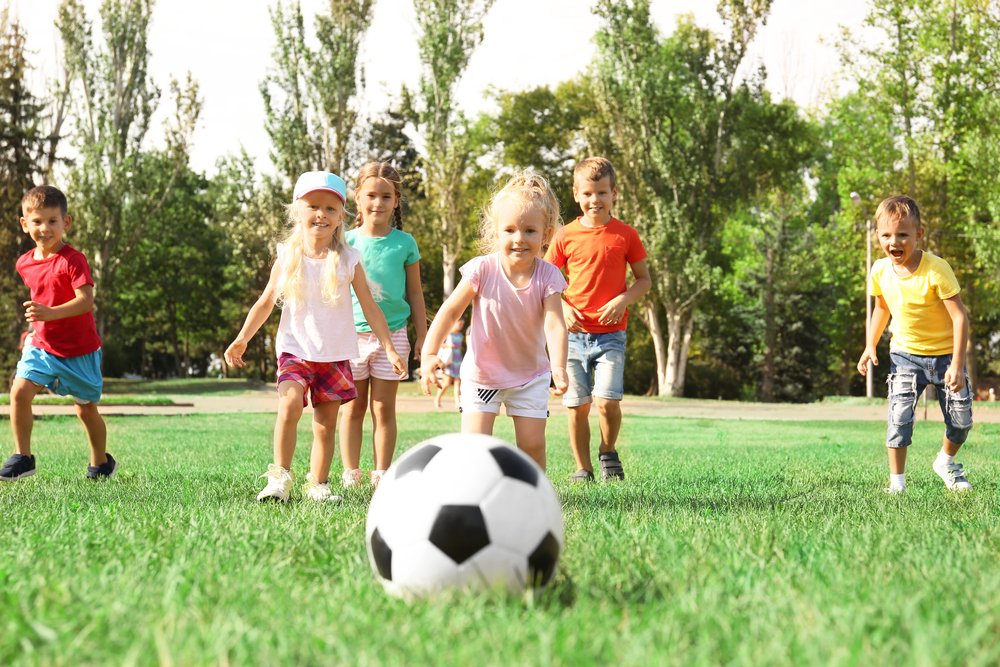
Key Points: Daily physical activity, recommended by organizations like the American Academy of Pediatrics, provides emotional benefits for children, including stress relief and…

Key Points: Hand coordination skills involve controlling hand and finger movements and integrating them with visual and perceptual abilities. Developing visual-motor skills, finger…